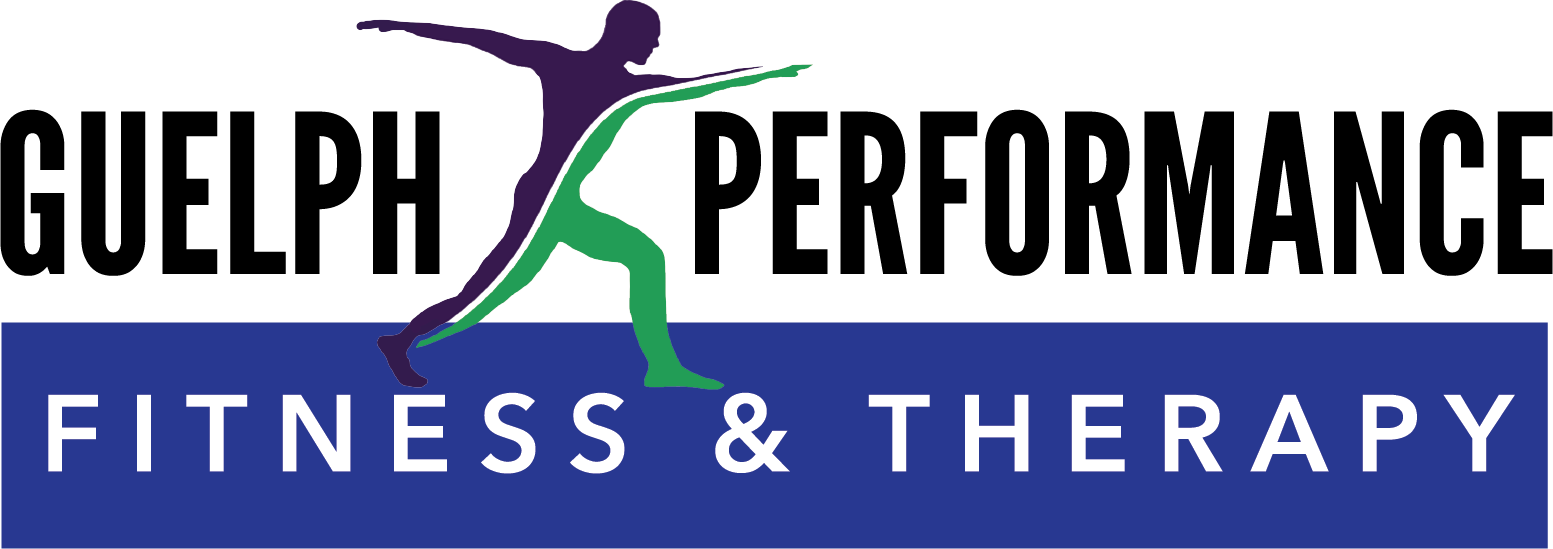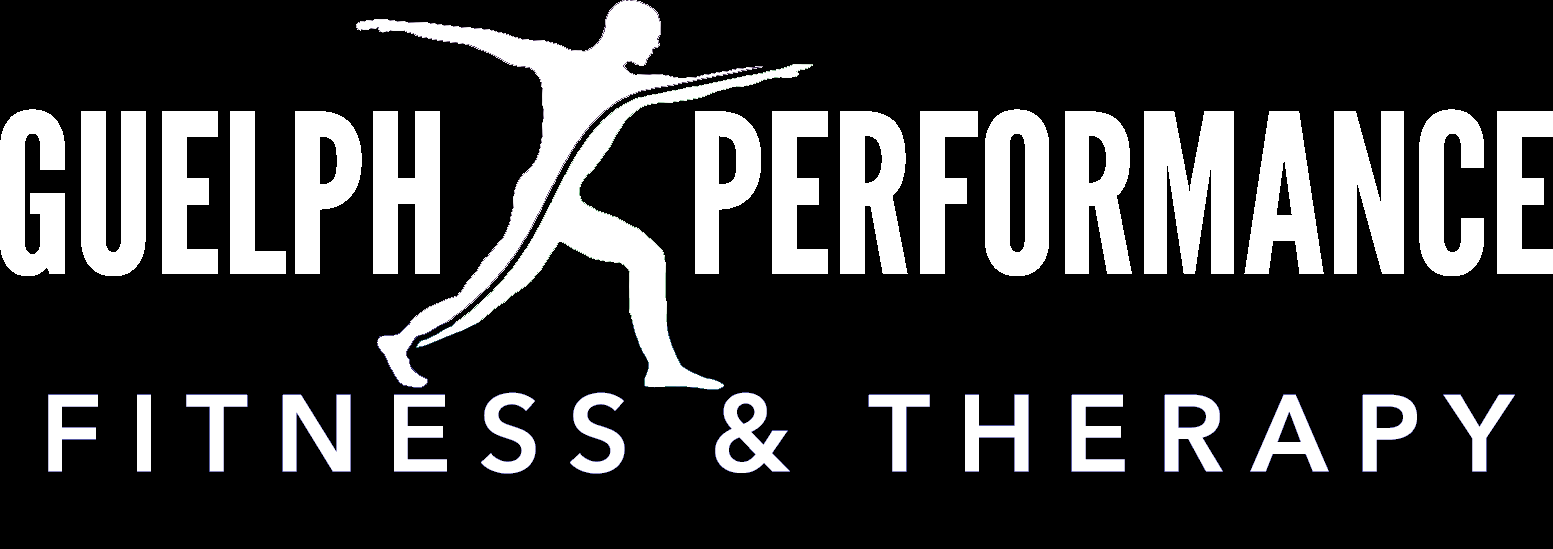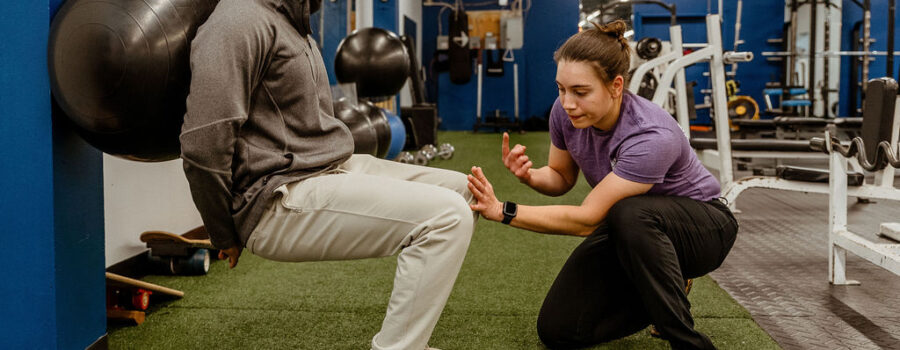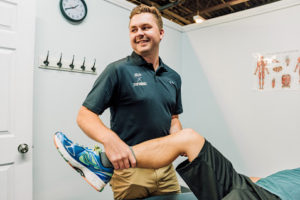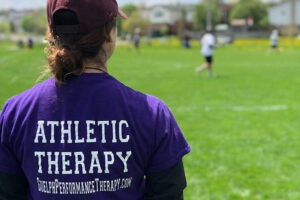But what does Sports Medicine mean? And what does it mean for YOU?
Professional athletes often have a different experience of healthcare compared to weekend warriors or recreational athletes, and even more different from those who don’t participate in organized or team sports — what they have is the sports medicine model of care.
For example, the Hamilton TigerCats—a CFL team—has approximately 20 personnel on their Medical team. This includes doctors (Physician, Orthopedic Surgeon, Radiologist and Psychologist), Allied Health Care providers (chiropractor, massage therapist, physiotherapist, optometrist, dentist) and Performance staff (strength and conditioning, equipment specialist). These professionals are available for consult or treatment very quickly when called upon.
At the center of this is the Athletic Therapy team, usually consisting of 3 or 4 therapists who work very closely with the athletes and coaches day-to-day, attending practices and games and coordinating injury management. This is the keystone of the Sports Medicine Model of Care—collaboration and integration to help athletes get the best care they can, as quickly as possible, to achieve their goal of returning to play quickly and safety.
Well, that’s all great for a pro athlete who has ACL reconstruction surgery days after injury, but what about the regular joes who don’t have access to this team?
Unfortunately, in Ontario, the reality is that access to medical care for orthopedic injuries is slow and difficult. Family physicians, who traditionally manage care and refer to specialists, are in short supply and over booked. An appointment with a family doc could take days or weeks following a knee injury that doesn’t require an emergency room visit (or was discharged from the emergency room). This model oof care is not in line with the sport medicine approach. Following that visit, in Guelph, patients can expect to be seen by a specialist in 30 to 90 days, and from the time that surgery has been planned, takes an average of 300 days to receive (information about wait times can be found here) During this wait, not a lot of guidance is given to patients about how they can cope or begin to recover while they wait.
Even for diagnostic imaging, the wait time can be very long—in Guelph only approximately 25% of patients receive their MRI within the time frame recommended by the doctor (those recommended for within 28 days wait an average of 97 days to receive their scan).
So where does the Sports Medicine Model of Care come in for amateur athletes, or weekend warriors?
In Guelph we are very lucky to have Athletic Therapists involved in community sport in a variety of ways. The Athletic Therapists from Guelph Performance are on the sideline for most Football and Rugby high school games, and other AT’s from around the city work with many other teams. These therapists can help athletes at the time of injury and give advise for accessing care. They can participate in on field rehab and help when it’s time to return to sport.

The magic comes in the Athletic Therapy Clinic, like here at Guelph Performance Fitness & Therapy.
In this clinic, we have a multidisciplinary approach including Athletic Therapy, Massage Therapy, Pelvic Floor Physiotherapy, Rehab Based Personal Training, and nutrition coaching. Our clinic has a strong relationship in the community with other health care providers, and as able to coordinate communication, and help navigate the pathway to return to play safely and quickly.

Our therapists are often available to assess an acute injury very quickly – from the time you injure yourself and call us, to your appointment could be a matter of a couple days!
Do you have to wait to see your doctor and get a referral for treatment?
NO! The only reason you might need to is if your insurance requires it for reimbursement.
Do you have to wait for imaging to know exactly what the injury is before treatment?
NO! An athletic therapist can do a thorough orthopedic assessment without imaging and design a treatment program that doesn’t compromise potential injuries while you wait.
Do you have to wait until after a surgical consult to start treatment?
NO! Much of what we do in rehab would be the same whether you are preparing for surgery or preparing to return to play. We adjust the program as we get more information from your healthcare team.
